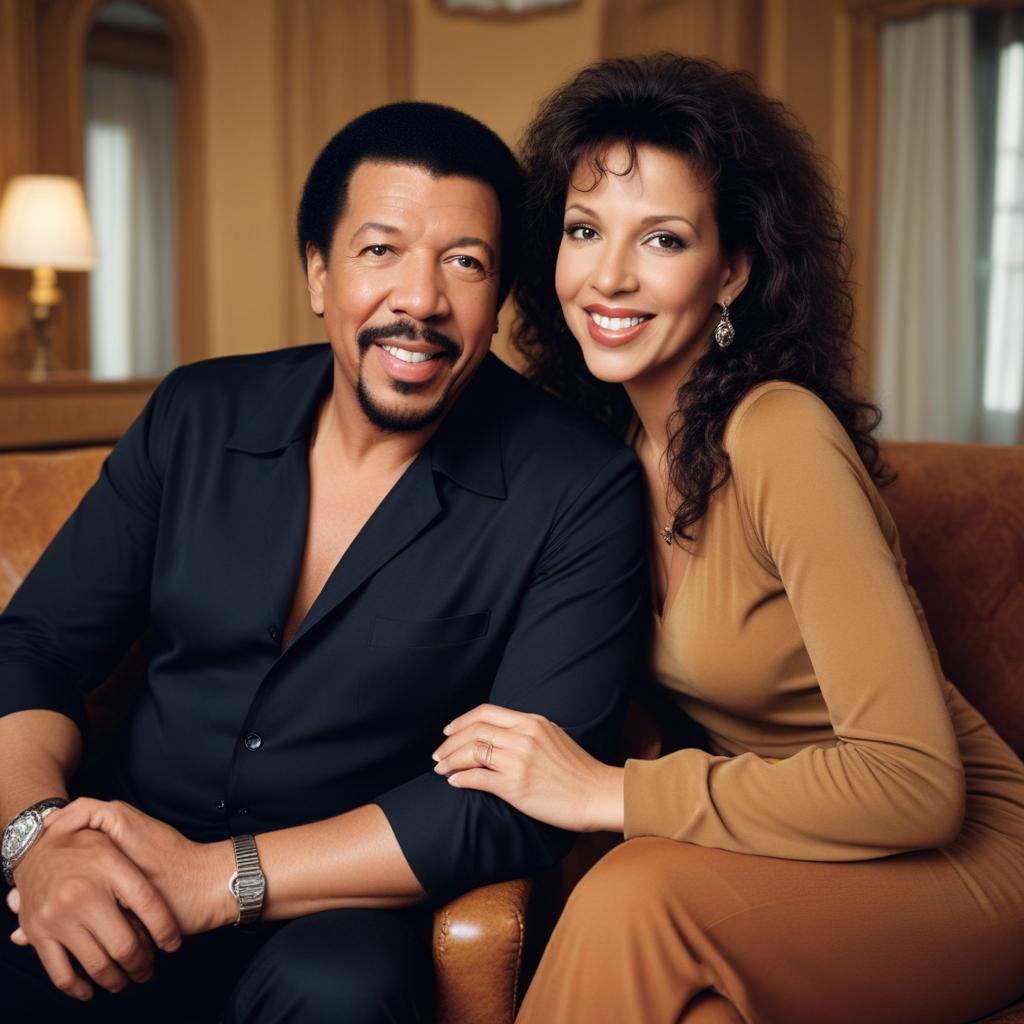Soul legend Lionel Richie, 76, opens up about his extraordinary six-decade career, his unique upbringing in a black middle-class enclave in Tuskegee, his unexpected connections to the civil rights movement, overcoming personal and professional struggles, and his unwavering commitment to spreading love through music, explaining why he'll never enter politics.
Lionel Richie, interviewed at 76 in Budapest, reflects on his illustrious six-decade career, accompanied by his younger girlfriend, Lisa Parigi. Known for his bonhomie, Richie shares anecdotes from his memoir, including interactions with music legends like Marvin Gaye, Stevie Wonder, Quincy Jones, Michael Jackson, Sammy Davis Jr., and even Nelson Mandela. He emphasizes his atypical upbringing in Tuskegee, Alabama, a black middle-class university campus steeped in educational and political history, with family ties to Booker T. Washington and an enslaved great-grandmother. Richie recounts his shy youth, his father's profound wisdom (e.g., hero vs. coward, the 'five Ds' of life's challenges), and pivotal experiences with racism during the civil rights era, such as unknowingly drinking from a whites-only fountain and the tragic death of his childhood crush, Cynthia Wesley, in the 16th Street Baptist church bombing. Despite being shielded from the movement by his parents, he felt its 'Tuskegee anger' and later understood their desire to prevent him from being 'stuck in their anger.' His musical journey began with the Commodores, where he learned to survive poverty on the road, defying critics who tried to categorize his diverse sound. Richie credits Tuskegee's rich culture for his varied musical influences, from country to classical. He recalls Sammy Davis Jr.'s career-saving advice to 'say no' to industry offers and his collaborations, including writing 'Lady' for Kenny Rogers and 'Endless Love' with Diana Ross. He addresses accusations of 'crossing over' and not being 'black enough.' Richie shares insights into Michael Jackson's struggles with fame and eccentricities, highlighting Jackson's genius and the pressures he faced. Richie candidly discusses personal lows: a public divorce, a vocal cord hemorrhage requiring four surgeries, his father's death, and a five-year hiatus from music following a nervous breakdown. He expresses deep concern over the current state of US politics and the perceived reversal of civil rights progress, stating he's 'glad my dad and that group is not here.' He definitively rejects a political career, believing music is his most powerful tool for unity. He embraces his role as a 'pied piper of love,' noting his ability to bridge divides, even among warring delegates or a KKK member in his audience. He concludes by affirming his commitment to spreading 'love' as the world's most needed message, hinting at his contentment with his current relationship.



